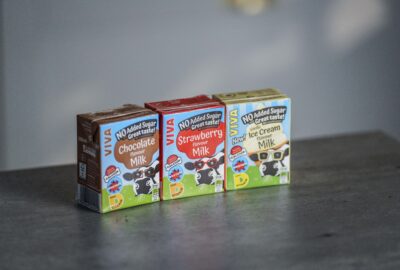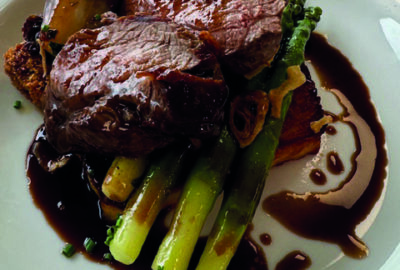Enabling children to grow their own fruit and vegetables, prepare and cook food, discuss food sources and learn about recycling are some of the recommendations set out in last year’s policy paper on sustainability and climate change for education, issued by the Department of Education.
Washingborough Academy in Lincolnshire has been implementing these recommendations for their 280 pupils over the years. Dr Jason O’Rourke, Headteacher says “We want to make a difference to children’s lives, that’s what our job is as educators. I’m glad the government has come on board with this. Food education is vitally important. We take a whole school approach and look at how we can incorporate aspects of food education into other subjects such as Maths and English. It’s also about children’s health and wellbeing.”
The school has a 300sqm organic kitchen garden and a 72m long polytunnel, beehives, a Lincolnshire Heritage orchard and free-range chickens (although they are kept undercover at present because of bird flu). The school is committed to only growing heritage and heirloom seeds to promote biodiversity. “If you stick to manufactured seeds, you can’t save them – you have to buy them again. Children learn how to save seeds. For example, take a tomato at the end of the season, squeeze the seeds out into a jar of water and after 24 hours there will be new seeds which sink to the bottom and can be used next year,” Jason says. The other advantage is the broad spectrum of species such as black tomatoes, purple carrots and tromboncino squash. “It opens children’s eyes to the range of vegetables and the concept that if you don’t like one apple, it doesn’t necessarily mean you dislike all apples,” he says.
Emma Keyworth is the school’s gardener and takes a group of children every week to do weeding, planting, saving seeds and harvesting, with specific classes responsible for growing individual species. Food education continues at home as the school holds regular plant sales, encouraging parents to buy seedlings and grow them at home. “This gives children the connection to nature and where food comes from which is becoming less and less highlighted in society,” says Jason. “I asked a child where their food comes from – we used to get the response ‘the supermarket’ but she said, ‘It comes from Mummy’s iPad’. Getting children actively part of the process of producing food is critical – they become curious and want to try the food as well.”
A considerable amount of food produced in the kitchen garden is used in the school kitchen. School chef Michael Richardson is involved in the choice of crops grown in the garden, discussing what he would like to use in menus and what will be required in TastEd food education lessons. Jason is co-founder of TastEd, a charity which delivers food sensory education.
The school has a kitchen designed for children, with induction hobs and an oven, although cooking lessons are also conducted in classrooms by means of a portable box of cooking utensils and a small induction hob.
Each class cooks once a week as part of “Snack Shack”. This is where the children prepare a healthy snack such as sweet potato and chilli muffins which are sold in break time on a Wednesday. “This not only provides children with healthy food, but it also enables them to learn cooking skills and develop an awareness of food. The profit is used to buy ingredients for the following week,” says Jason.


